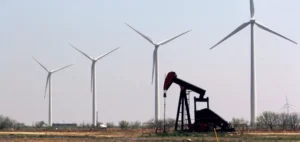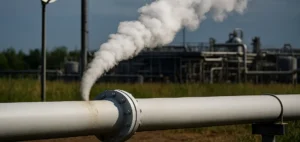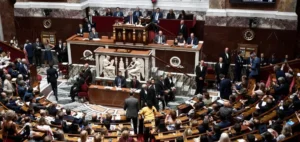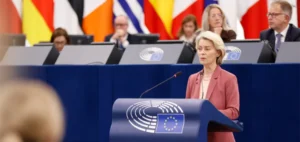The 28th Conference of the Parties (COP28) is taking place against a backdrop of intense climate debates, where a single word – “unabated” – has become a central focus of discussions. Unabated fossil fuels” are at the heart of the controversy. This term, at the heart of the COP28 agreement proposals, envisages the gradual elimination of these fuels and their reduction to achieve carbon neutrality by 2050. The precision of this definition is crucial, as it guides the policies and measures to be adopted on a global scale.
Meaning and implications of ‘Unabated
The complexity lies in the interpretation of the term“unabated“. In the climate context, it refers to fossil fuels exploited without carbon capture and storage (CCS) technologies. When burned, they release significant quantities of CO2 into the atmosphere, contributing to global warming. The proposal to accelerate the elimination of these fuels raises the question of their viable replacement and the energy alternatives available.
CSC Technology: A Controversial Solution
CCS is being promoted as a key technology for reducing fossil fuel emissions. However, the current effectiveness of this technology is open to debate. By 2022, only 35 CCS installations were operational worldwide, capturing a total of 45 million tonnes of CO2 – a paltry amount compared to the global reduction needs. Experts point out that, although technically feasible, CCS is not yet in a position to play a significant role in reducing emissions on the scale required.
Limited role of CCS according to scientists
Scientists and climate experts question the ability of CCS to contribute effectively to the fight against climate change in the short term. To contain warming to +1.5°C, greenhouse gas emissions need to be halved this decade, a task that requires a rapid switch to renewable energies rather than reliance on CCS. The limited effectiveness of CCS in this critical context makes its role marginal in immediate emission reduction strategies.
The Economic Challenges of CCS
In addition to the technical challenges, the adoption of CCS also raises economic issues. The costs associated with installing and operating these technologies are considerable. According to a report by Oxford University, increased reliance on CCS could cost at least $30,000 billion more than investment in renewables and energy efficiency. This economic perspective highlights the financial challenges of adopting CCS as the main strategy for reducing CO2 emissions.
Political and industrial momentum around CCS
Climate policy and industrial interests play a major role in the CCS debate. Countries and companies that rely heavily on fossil fuels, including COP28 hosts the United Arab Emirates and its national oil company Adnoc, strongly support CCS. This position is opposed by environmental groups and countries favoring a rapid transition to renewable energies, underlining the existence of a divide between economic and environmental interests.
COP28 is at a crossroads, faced with the complex task of defining and applying the concept of “unabated fossil fuels”. The balance between CCS adoption and the transition to renewable energies will determine the effectiveness of measures taken to combat climate change. The decisions taken at this conference will have far-reaching implications for global energy and climate policy, highlighting the challenges and opportunities of our time in terms of sustainability and environmental protection.






















